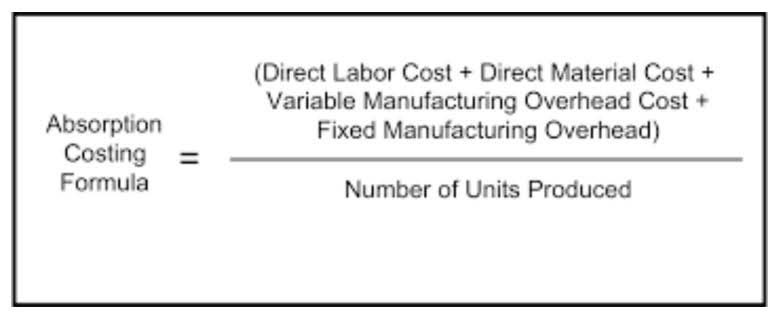Content

Bookkeeping, accounting, and auditing clerks are responsible for producing accurate financial records. They must pay attention to detail in order to avoid making errors and recognize errors that others have made.

Traditionally, bookkeepers maintained their companies’ books manually. They entered financial data by hand using a pen, pencil, or quill. Today, most of them use bookkeeping or accounting software, i.e., specialized computer programs. Books, in this context, means a company’s accounting records or general ledger. There are some financial tasks that bookkeepers aren’t equipped for; that’s where accountants come in. While bookkeepers record daily transactions, accountants use the information compiled by a bookkeeper to produce financial reports. Bookkeeping, accounting, and auditing clerks usually get on-the-job training.
Accounting Topics
A bookkeeper is not an accountant, nor should they be considered an accountant. Bookkeeping is a direct record of all purchases and sales your business conducts, while accounting is a subjective look at what that data means for your business. Here’s what you need to know about these two roles to determine which one your business needs. The practice or profession of recording the accounts and transactions of a business. Most often, their reports go to business owners and managers to help them make decisions. Some bookkeepers, however, are actually involved in strategy development.
Accountants on the other hand, go through rigorous training and standardized exams to become certified public accountants. We have bookkeepers in our industry who have been with us 60 years, but that does not make them chartered accountants. They cannot employ skilled accountants to make returns, and a fine craftsman would not necessarily him- self be a good accountant or an accurate bookkeeper. Register your business, open a business bank account, save receipts, track expenses and hire a bookkeeper if needed. Cost Estimators Cost estimators collect and analyze data in order to assess the time, money, materials, and labor required to make a product or provide a service. Occupation Job Duties ENTRY-LEVEL EDUCATION 2021 MEDIAN PAY Accountants and Auditors Accountants and auditors prepare and examine financial records. In addition, they may handle payroll, make purchases, prepare invoices, and keep track of overdue accounts.
Word History
Purchasing managers oversee the work of buyers and purchasing agents. Bill and Account Collectors Bill and account collectors try to recover payment on overdue bills. It also points https://www.bookstime.com/ to the fact that in case of very ambitious targets forcing the entry of more expensive technologies into the system, GC systems increase the rents paid to low-cost RES-E producers.
The origin of book-keeping is lost in obscurity, but recent research indicates that methods of keeping accounts have existed from the remotest times of human life in cities. Babylonian records written with styli on small slabs of clay have been found dating to 2600 BCE. Mesopotamian bookkeepers kept records on clay tablets that may date back as far as 7,000 years. Use of the modern double entry bookkeeping system was described by Luca Pacioli in 1494.
Pay About this section
They must take 24 hours of continuing education each year to maintain their license. Bookkeepers aren’t required to be certified to handle the books for their customers or employer, but licensing is available. Both the American Institute of Professional Bookkeepers and the National Association of Certified Public Bookkeepers offer accreditation and licensing to bookkeepers. Find out what bookkeepers do, and get an intro to double-entry bookkeeping. Bookkeepers may also share some jobs with accountants, such as the preparation of annual financial reports and tax returns. Keeping the books is just one of the tasks modern bookkeepers might handle.
Accounting is more subjective, providing business owners with financial insights based on information gleaned from their bookkeeping data. The responsibilities of a bookkeeper include a fair bit of data entry and receipt wrangling.
Run your business & understand accounting
They’re responsible for recording every financial transaction in your general ledger using double-entry bookkeeping—usually called recording journal entries. That sounds like a mouthful, but often that just looks like inputting all your transactions into accounting software. After the recording of the transactions, an accountant or the business owner will review the bookkeeper’s work and make the required adjusting entries before the company’s financial statements are distributed. A journal is a formal and chronological record of financial transactions before their values are accounted for in the general ledger as debits and credits. For every debit journal entry recorded, there must be an equivalent credit journal entry to maintain a balanced accounting equation. A Bookkeeper is responsible for recording and maintaining a business’ financial transactions, such as purchases, expenses, sales revenue, invoices, and payments.
Bookkeepers prepare bank deposits by compiling data from cashiers, verifying receipts, and sending cash, checks, or other forms of payment to the bank. The widespread use of computers also has enabled bookkeeping, accounting, and auditing clerks to take on additional responsibilities, what is a bookkeeper such as payroll, billing, purchasing , and keeping track of overdue bills. Many of these functions require clerks to communicate with clients. As a partial check that the posting process was done correctly, a working document called an unadjusted trial balance is created.